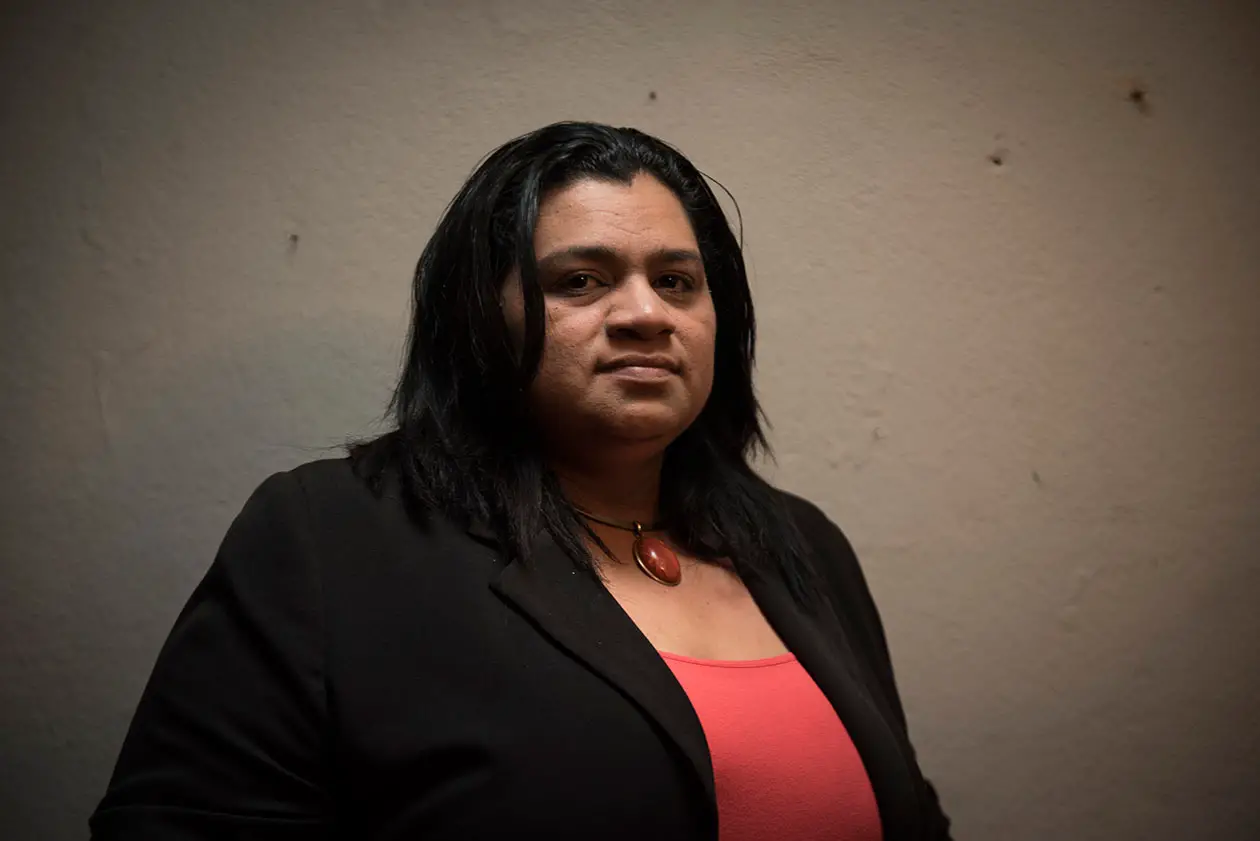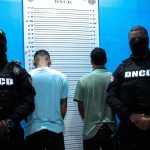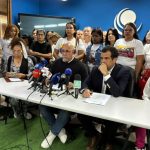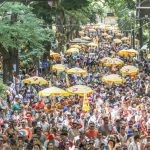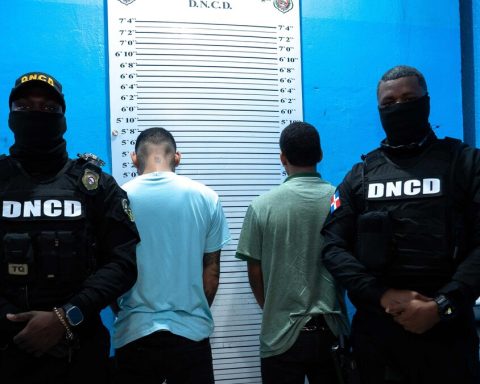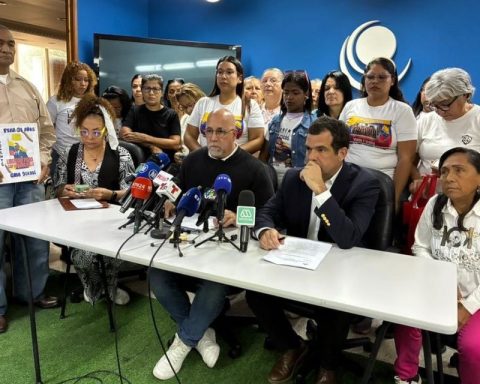The permanence of 35 political prisoners in Nicaraguan prisons, after the exile of another 222 to the United States by the Ortega regime, sends a signal to its party bases that the captures will not stop and that these new prisoners of conscience could be used as political “hostages”, considers the lawyer and human rights defender, Yonarqui Martínez.
It is “a message of fear, a message to their co-religionists that, even if they have released 222, they are going to continue imprisoning and there will be people they will not want to release at some point,” the lawyer said in an interview on the program Tonightbroadcast through YouTube to overcome television censorship.
The early morning of February 9, 2023 the Ortega regime “deported” 222 political prisoners. He exiled them and stripped them of their nationality through illegal judicial resolutions and in complicity with the Judiciary and Legislative Power. The political move is described by human rights defenders as a new crime against humanity against prisoners of conscience.
The Mechanism for the Reknowledge of Political Prisoners, denounced that not all prisoners of conscience were released. Among the 35 citizens who are in prison in Nicaragua is the Bishop of Matagalpa, Rolando Alvarez, expressly sentenced to 26 years and four months in prison, after refusing to be banished and now, confined to a maximum security cell in the Jorge Navarro Penitentiary System, known as La Modelo, Tipitapa.
The priests Leonardo Urbina and Manuel García are also detained, as well as several young people who got involved in the 2018 Civic Rebellion and another dozen prisoners who were imprisoned before 2018 for political reasons. Their families They demanded this Tuesday support from the international community to achieve their release.
Martínez explains that, with this latest release, the same thing happened as in 2019, when the Ortega regime released more than 300 prisoners of conscience through an Amnesty Law, tailored to their needs. Not all those who were on the official lists were benefited and dozens remained in prison. This remnant was the beginning of a new list of prisoners of conscience, who, after the approval of punitive laws, were prosecuted as alleged “traitors to the homeland.”
The lawyer regrets that the group that remains “tends” to suffer reprisals even stronger than those they had been victims of.
They exiled citizens without being convicted
In a drill to legalize the exile and stripping of nationality of 222 prisoners of conscience, the National Assembly approved on Thursday, February 9, the Law 1145, Special Law that regulates the loss of Nicaraguan nationality and which establishes that people sentenced under the provisions of Law 1055 or Sovereignty Law – created at the end of 2020 together with a combo of punitive laws – “will lose their nationality Nicaraguan”.
But in the pocket of released prisoners of conscience, the Ortega dictatorship did not even follow its own rules. It included citizens tried for common crimes or who had not yet been sentenced, as is the case of the historical Sandinista Marlon Gerardo Sáenz Cruz, known as El Chino Enoc and convicted of the crimes of illegal drug transport, manufacturing, trafficking and illegal possession of restricted weapons and former public officials, María José Camacho Chévez, Hans Camacho Chévez and Roberto Emiliano Larios Meléndez, and Humberto Alejandro Pérez Largaespada, former Sandinista mayor of Jalapa.
According to Martínez, these people “participated in the 2018 problem and, at the time, were accomplices (of the dictatorship).”
“They do not respect the laws that they themselves have approved, and the proof is that the requirements were not met. Looking at it from a legal point of view, if they have approved Law 1145, that tells you what the procedure for the loss of nationality is, and tells you that you must be sentenced with 1055, the Sovereignty Law, many of the 222 did not meet those requirements ”, he emphasizes.
In his speech on Thursday, February 9, Ortega justified that some of the political prisoners are still in prison because they were tried for common crimes.
The United States refused to receive four political prisoners
The dictator Ortega assured that the original list The released included 228 political prisoners, but the United States allegedly did not accept four prisoners of conscience, including Jaime Enrique Navarrete Blandón, released through the Amnesty Law and recaptured in 2019.
The lawyer points out that Navarrete served the sentence of three years and six months in prison imposed for common crimes in his second legal case, in addition to paying a fine.
The 39-year-old would have to be free; however, the judicial -in a questioned procedural act- unified the sentence that had been pardoned in 2018, of 22 years in prison.
Martínez indicates that Navarrete was engaged in a business in 2019, when he was recaptured and tortured. The citizen was actively involved in the 2018 protests in his community and did not commit any crime. The Police besieged him on multiple occasions after receiving visits from other released prisoners.
A relative of Navarrete said under anonymity that the political prisoner has two lesions on his nasal septum, suffers from a headache and high blood pressure. He is concerned that after the kidnapping of his uncle, Rodrigo Navarrete, the only relative he had in Nicaragua, the prison has denied entry to other people who offered to help feed him.
The other inmates that the US did not admit, according to Ortega, are Eliseo de Jesús Castro Baltodano, Warner Antonio Ruiz Rivera and José Manuel Urbina Lara. The relatives are waiting for the visits to find out what the real situation of these last 35 political prisoners is.
For Martínez, it is necessary to maintain the demand for freedom and continue documenting the violations of his human rights.
